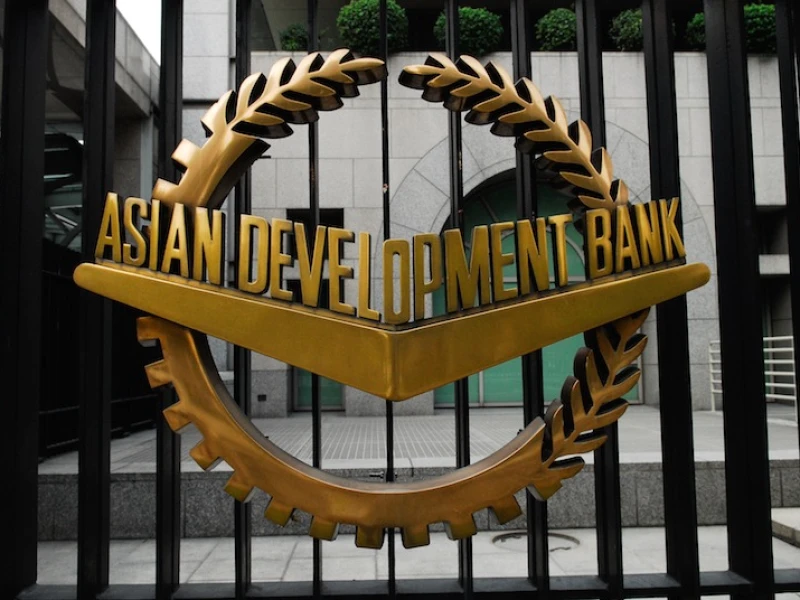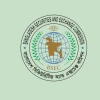Bangladesh’s economy is projected to expand by 4.0% in fiscal year (FY) 2025 and accelerate to 5.0% in FY2026, according to the Asian Development Outlook (ADO) September 2025, released Tuesday by the Asian Development Bank (ADB).
The modest growth forecast for FY2025 reflects subdued domestic demand amid ongoing political transitions, recurrent flooding, industrial labor disputes, and persistently high inflation, despite resilience in garment exports. The economy had expanded by 4.2% in FY2024.
Future growth will depend on improving the business environment to boost competitiveness and attract investment, and on ensuring reliable energy supplies, said Hoe Yun Jeong, ADB Country Director for Bangladesh.
The impact of US tariffs on Bangladesh’s trade remains to be seen, and vulnerabilities in the banking sector persist. Addressing these challenges is essential to achieving higher economic performance, he added.
ADB noted that downside risks to the FY2026 outlook persist, including trade uncertainties, banking sector weaknesses, and potential policy slippages.
Maintaining prudent macroeconomic policies and accelerating structural reforms are critical to strengthening resilience, Jeong added.
Inflation is estimated to rise to 10.0% in FY2025 from 9.7% in FY2024, driven by limited competition in wholesale markets, inadequate market information, supply chain constraints, and the weakening of the taka.
Meanwhile, the current account is expected to post a small surplus of 0.03% of GDP in FY2025, up from a deficit of 1.5% of GDP in FY2024, supported by a narrowing trade gap and robust remittance inflows.
Looking ahead, consumption is expected to remain the main growth driver in FY2026, spurred by strong remittance inflows and election-related spending.
However, contractionary monetary and fiscal policies, coupled with heightened investor caution, may dampen investment. Global tariff hikes—including a 20% tariff on Bangladesh exports to the US—and stiff competition in the EU could weigh on exports and growth, potentially forcing exporters to reduce unit prices.
On the supply side, services are expected to expand, driven by improved household purchasing power, while agricultural growth may normalize, depending on favorable weather and effective government support. Industrial growth, however, could slow due to constraints from US tariffs.
Founded in 1966, ADB is a leading multilateral development bank owned by 69 members, including 49 from the Asia-Pacific region. The bank supports sustainable, inclusive, and resilient growth across Asia and the Pacific through innovative financial tools and strategic partnerships.


 Prev Post :
Prev Post :
